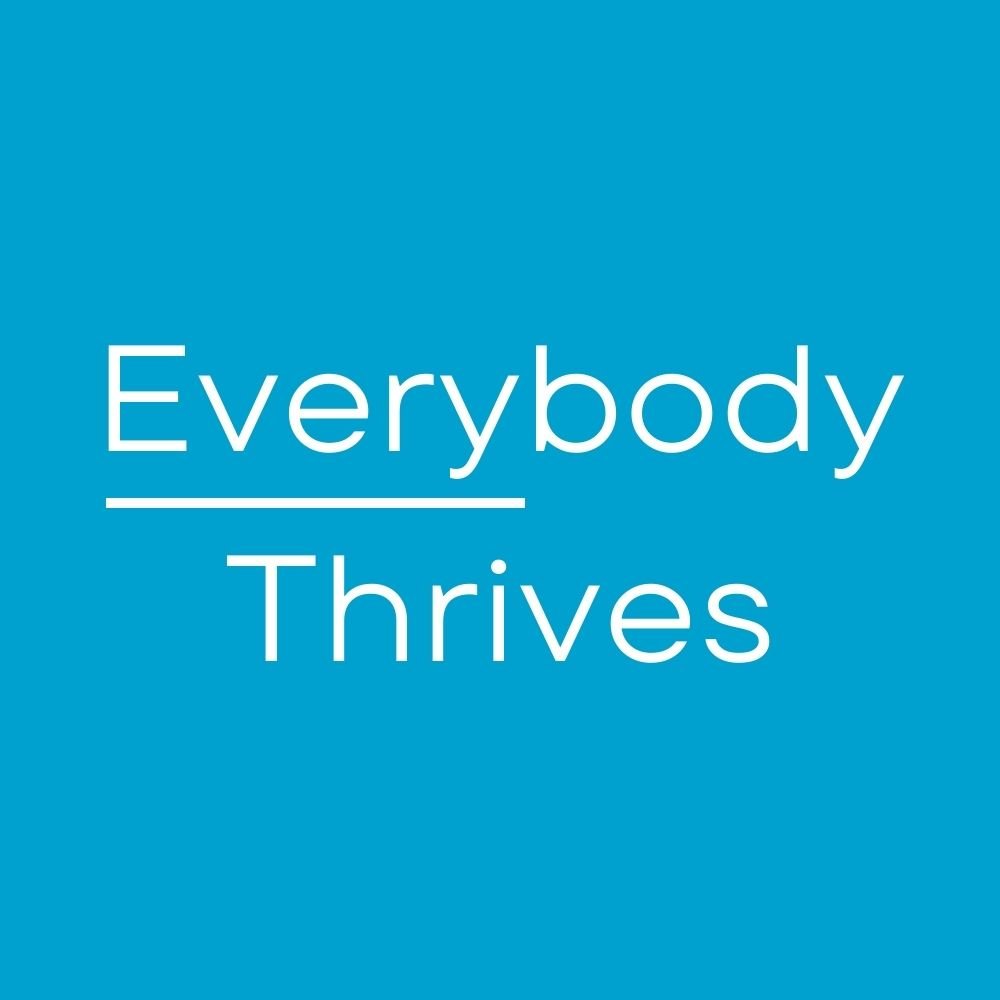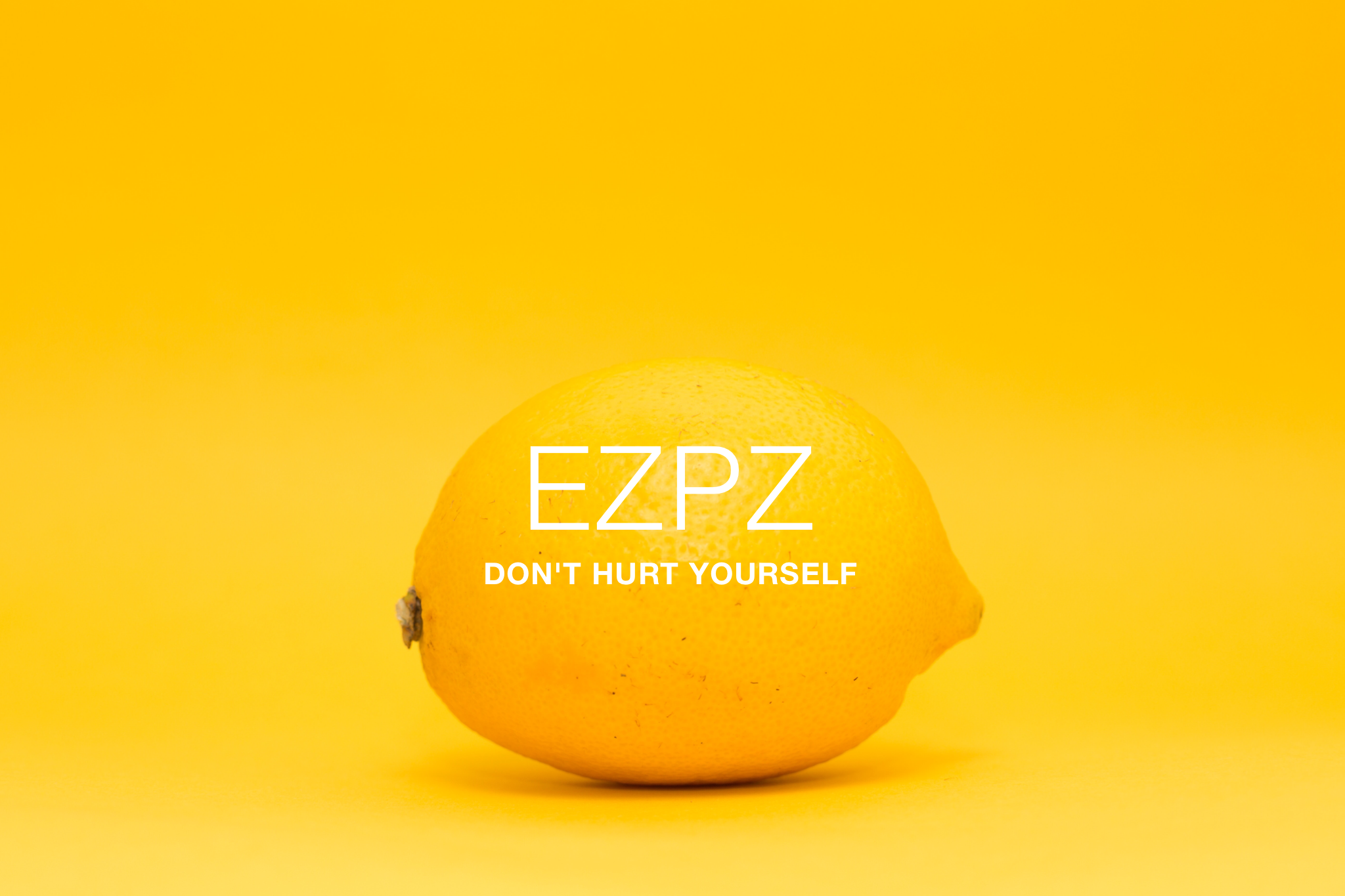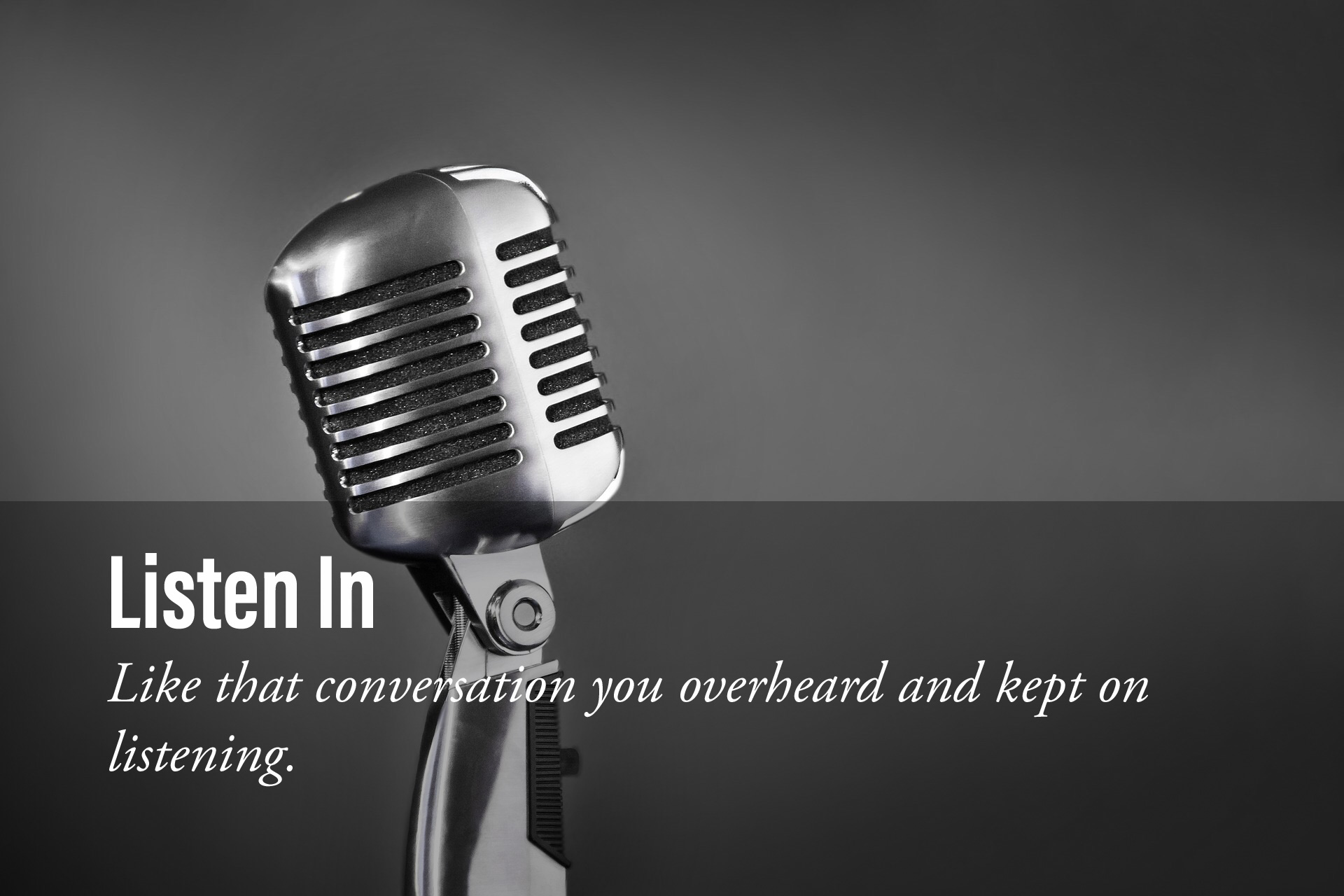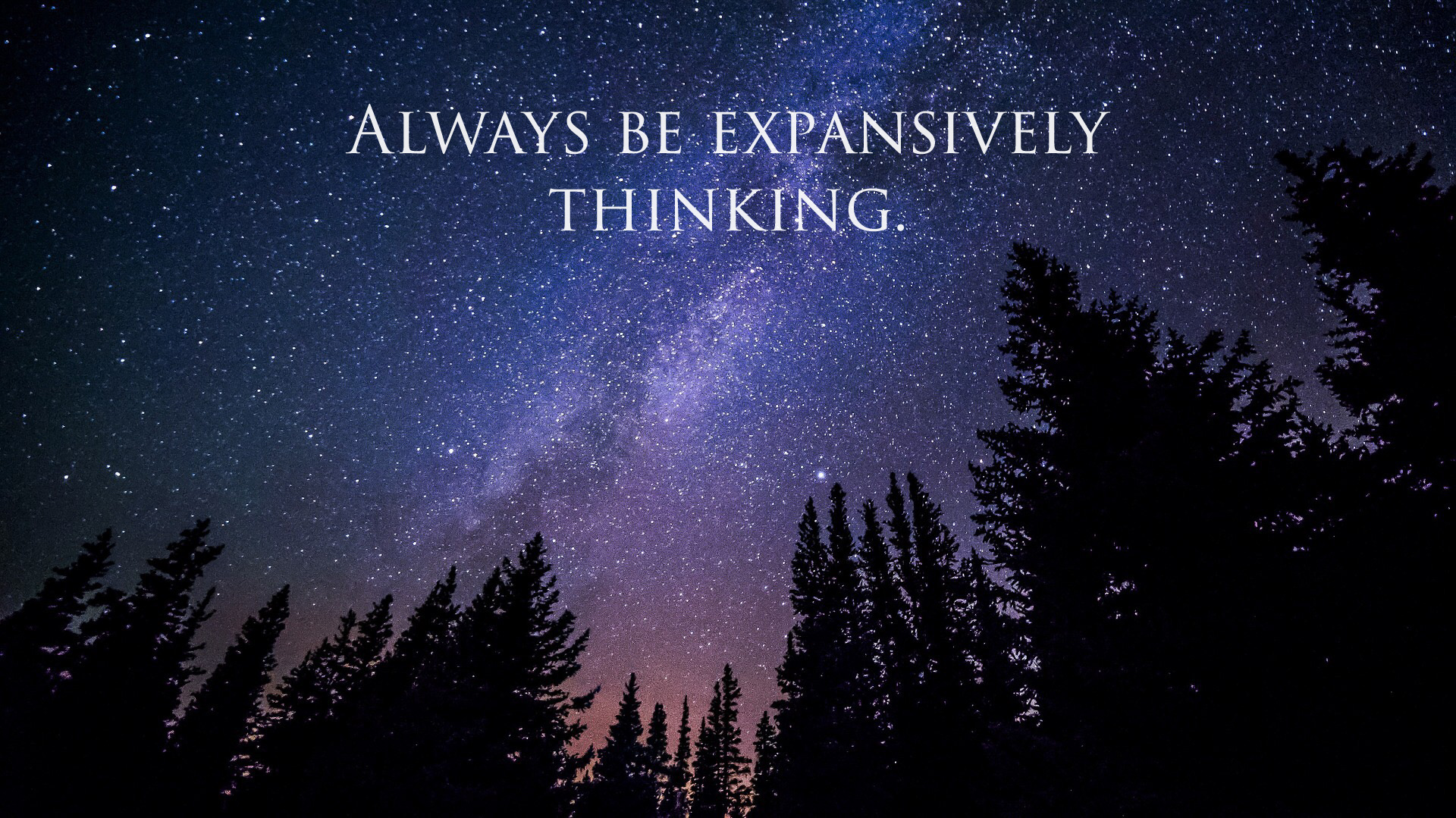Are you a member of this fairly popular club? The U.T.O.C. or Ugly Tape Over Webcam club? Former FBI director James Comey is a member, as is Mark Zuckerberg.
Fact of the matter is, you are probably not being spied on by any government through your webcam. More likely is the embarrassment of not knowing it is on or some creep getting access to it through malware. I once clicked on a link for a training and it took me to the wrong webcam. Instead of a training session, it was someone's home office and they were just going about their work, totally unaware that their webcam had been activated. It was bizarre and absolutely no hacking skills were involved on my end. Just a weird glitch of fate. So there are definitely good reasons to have your webcam covered when you are not using it.
I love the ugly tape solution because it is easy and practically free. The thing is, lately I've been videoconferencing more often and the tape can leave a residue over the camera which I have to clean constantly. No biggie, but lately it was starting to irk me.
Instead, I decided to try a privacy webcam cover. It sticks onto your screen and has a cover you can slide back and forth. It has the added benefit that it isn't as ugly as the blue painter's tape I was using before. Installation is EZPZ (shown below) and it is relatively cheap to buy.
If you have any other privacy webcam recommendations, I would love to hear from you!
Next post next Saturday, 6:30 a.m.


















